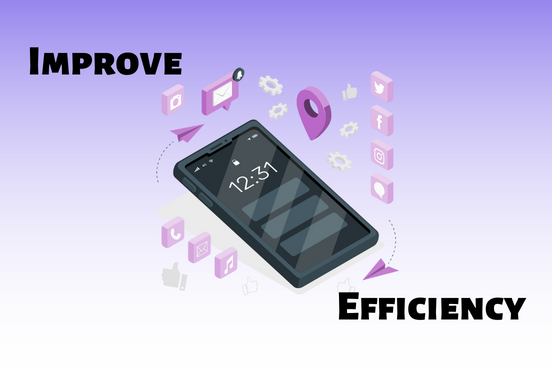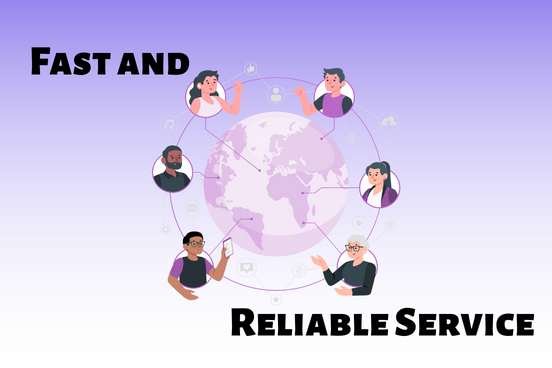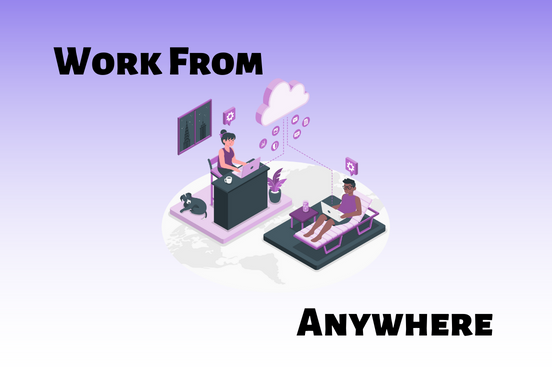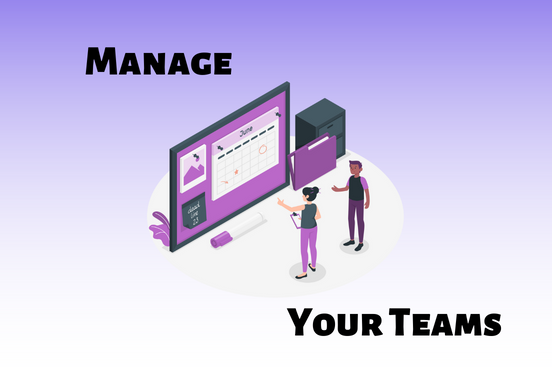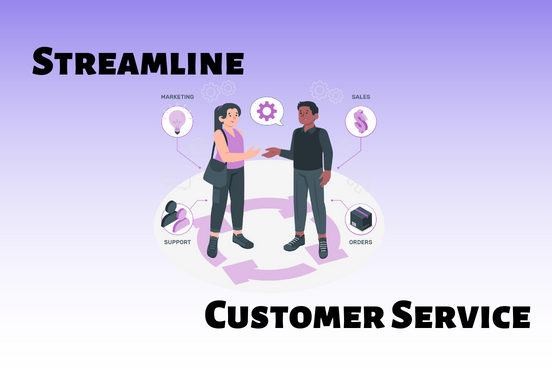How you can leverage technology to reduce pressure on customer support teams
| By Laura Castelli | 0 Comments
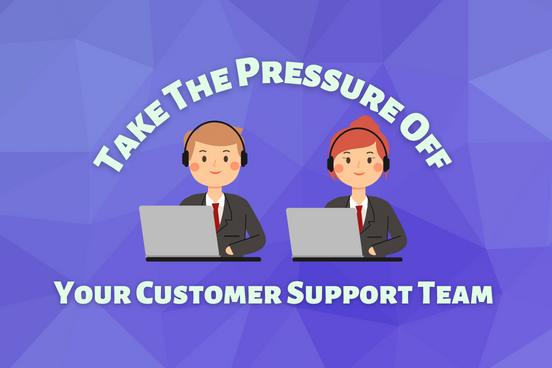
The demand for customer support has increased greatly over the years, putting pressure on companies to meet consumer demands. However, many businesses struggle to keep up due to lack of resources and evolving landscapes for customer support teams.
In a survey carried out by Intercom [1], it was found that the top challenges faced by customer support teams are:
- Poor workflow efficiency
- Attracting and retaining quality staff
- Inefficient handling of customer queries
Support teams can leverage technological advances to optimise their way of working in order to adapt to growing demands. Here are a few ways you could utilise tech to alleviate the pressures your customer support teams face:
1. Use a phone system that supports remote work
Customer support teams have reduced in size due to the pandemic resulting in increased pressure on staff. Team leads have also faced difficulties attracting and retaining staff due to large scale burnout.
To overcome this and adapt to the changing landscapes of work, support team leads should look into investing in phone systems that support remote working like Devyce.
With the Teams Plan on Devyce, you can provide your employees with two numbers on their phones allowing them to work from anywhere meaning employees can prioritise their wellbeing. This will also enable hiring of talent remotely – an attraction point in hiring which could lead to increased retention of staff.
2. Use a phone system that facilitates call groups and forwarding
Customer expectations have grown and only 24% of support teams surveyed stated they were confident they could meet them [1]. Often customer queries can’t be answered by the first person they get in contact with. The biggest challenge here is transferring calls to the right person on the team in a timely manner.
To improve the efficiency of your customer support service, look out for phone systems with features to aid your customer’s journey. For example, on Devyce’s Teams Plan you are able to set up an auto attendant which filters inbound calls to the relevant call groups, streamlining the workflow and minimising wait and transfer times.
3. Utilise CRM and analytic software with your phone system
Poor workflow management is a key reason for staff burn out. To optimise, team leads need to regularly revise operations by setting up and tracking call metrics. This is hard to do on traditional phone systems so companies should explore newer phone systems. At Devyce, we offer a Teams Management Portal – a platform to view call analytics, allowing optimisation of workflow to meet goals.
The Teams Plan also offers integrations with CRM softwares like Hubspot so you can manage your customer’s journeys. Creating an integrated tech stack improves workflow efficiency as it reduces the need for switching between softwares and ensures all team members can quickly access relevant data to handle customer queries.
Leveraging tech to optimise your support service strategy is the key difference between companies that exceed customer expectations and those that fall behind due to not having the infrastructure to handle the growing demands. Help your team flourish today by embracing innovative advances in technology with Devyce.
References:
[1] https://www.intercom.com/resources/books/customer-support-trends-emea-2022
